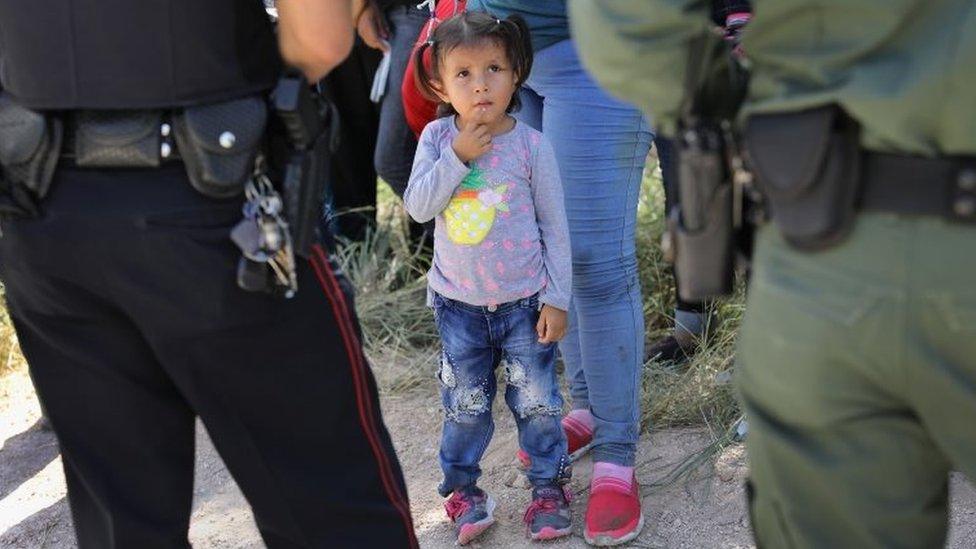Migrant children: Global outcry rises over US border separations
- Published
Theresa May: US child detention "disturbing" and "wrong"
International condemnation is growing against the US policy of separating migrant families at its border.
The UK and Canadian prime ministers, Theresa May and Justin Trudeau, both called it "wrong".
Pope Francis said he supported US Catholic bishops who said it was "immoral".
The Republican-controlled Congress is under pressure to get President Donald Trump to change his policy.
House speaker Paul Ryan said a vote on immigration legislation, which will "keep families together", will be held on Thursday.
"Under this bill, when people are being prosecuted for illegally crossing the border, families will remain together under DHS [Department of Homeland Security] custody throughout the length of their legal proceedings," he said.
Republicans have been scrambling to pull together a bill to address the backlash. Two versions are currently being considered.
President Trump told a group of House Republicans he would back any bill they passed, a White House spokesman said on Tuesday.
In the meeting, the president said separating families was "certainly not an attractive thing and does look bad," according to Representative Tom Cole.
Why the outcry?
Pictures of dozens of children sleeping in cages and audio of children crying for their parents have emerged in recent days, provoking the widespread criticism.
The sound of migrant children separated from parents
It comes after a "zero-tolerance" crackdown on illegal immigration was brought in by Attorney General Jeff Sessions.
US immigration officials say 2,342 children were separated from 2,206 parents between 5 May and 9 June.
Babies and toddlers have been sent to three "tender age" shelters - maintained by the Department of Health and Human Services - after being separated from their parents, the Associated Press news agency reports.
Doctors and lawyers who visited the shelters described the infants as hysterical and crying, external, according to the AP report.
What has changed?
Mr Trump has not changed immigration law, but he has changed how it is implemented.
In April, his attorney general announced the "zero-tolerance" policy - which would see all undocumented border crossers criminally charged and jailed immediately.
As migrant children cannot be jailed with their parents, they are kept in separate facilities.
US child migrants: Five things to know
Under previous US administrations, undocumented immigrants caught crossing the border for the first time tended to be issued with court summonses.

Why is Trump doing this?
By Anthony Zurcher, North America reporter
Administration officials have offered conflicting explanations for the harrowing details of crying children kept in fenced-in rooms and despondent parents, but Mr Trump's dual goals appear clear.
One reason is leverage. He wants to force Democrats in Congress to negotiate a legislative package that keeps migrant families intact in exchange for full funding for his much-touted border wall, speedier deportation of undocumented aliens and sweeping changes to legal immigration policy.
His other incentive comes from knowing that this could be a winning mid-term election issue. Even if he fails to get a deal, it will motivate his base to turn out in support of Republicans across the country.
According to a recent Quinnipiac poll, while 91% of Democrats and 68% of independents oppose separating asylum-seekers , externaland others in the US illegally from their children, 55% of Republicans support it.

Who else has spoken out?
On Tuesday Mexican Foreign Minister Luis Videgaray Caso said the practice was "cruel and inhuman", and clearly violated human rights.
The US Chamber of Commerce and the Business Roundtable, two leading business groups, said the policy was "contrary to American values".
French far-right leader Marine Le Pen, who in the past has praised Mr Trump's policy of curbing immigration, told French TV that she disagreed with splitting children from parents.
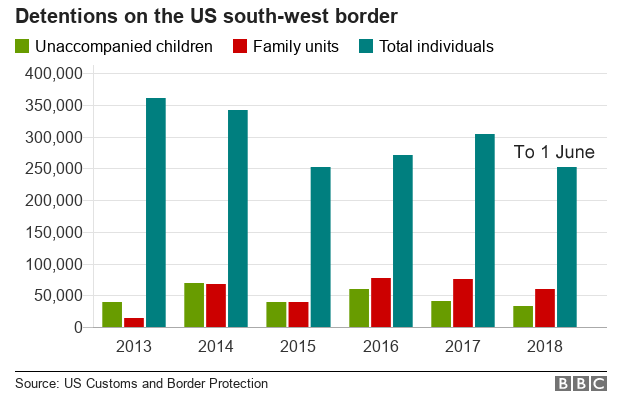

A new Reuters/Ipsos opinion poll suggests that most Americans oppose the policy, with 28% supporting it.
What has the government said?
The White House has been disputing the terminology used to describe its crackdown.
It describes the holding centres where children have been pictured in metal chain-link enclosures with concrete floors as "shelters" instead of "cages".
What are Trump and lawmakers doing?
Mr Trump will meet Congress members on Wednesday afternoon to discuss a more moderate bill.
The US teens training in border patrol
The compromise would limit, but not ban outright, family separations. It would also offer an eventual path to citizenship for undocumented adult immigrants, known as Dreamers, who entered the US as children.
The Republican legislation would also provide $25bn (£19bn) in funding for border security, including Mr Trump's planned US-Mexico wall.
Senate Majority Leader Mitch McConnell also said he "hoped to reach out to the Democrats" about crafting a bipartisan deal. However Democrats argue that no congressional action is required and the president can simply reverse his own policy.
Governors from at least eight US states - including two Republicans - have reversed their decision to send National Guard troops to the US-Mexico border.
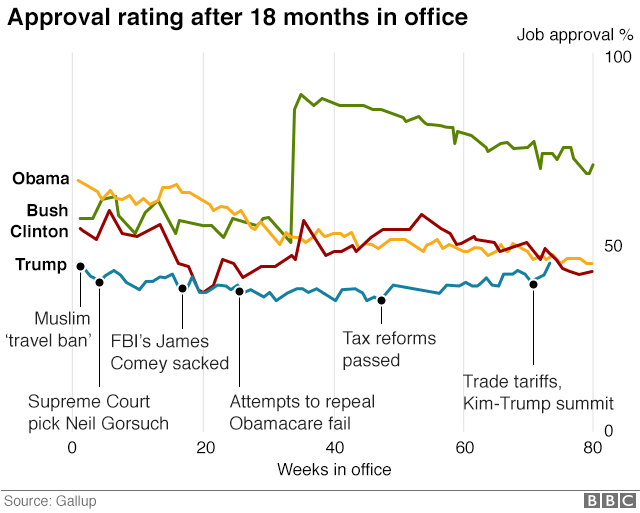

More on US immigration
The missing - consequences of Trump's immigration crackdown

Was your family split up after entering the US? Are any of your family members currently being detained and kept apart? Email haveyoursay@bbc.co.uk, external.
Please include a contact number if you are willing to speak to a BBC journalist. You can also contact us in the following ways:
WhatsApp: +44 7555 173285
Tweet: @BBC_HaveYourSay, external
Text an SMS or MMS to 61124 or +44 7624 800 100
Please read our terms & conditions and privacy policy
- Published8 May 2018
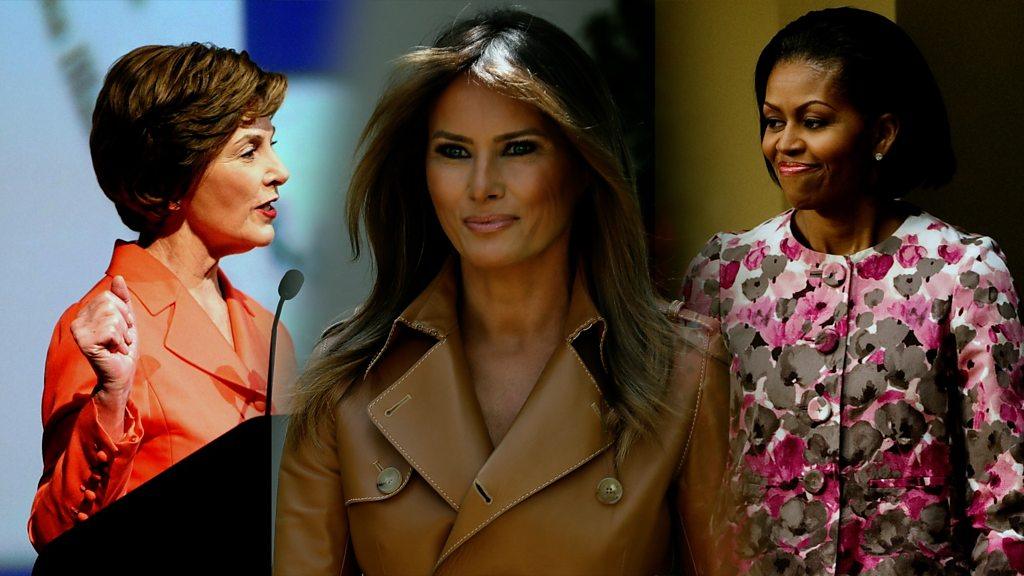
- Published14 June 2018
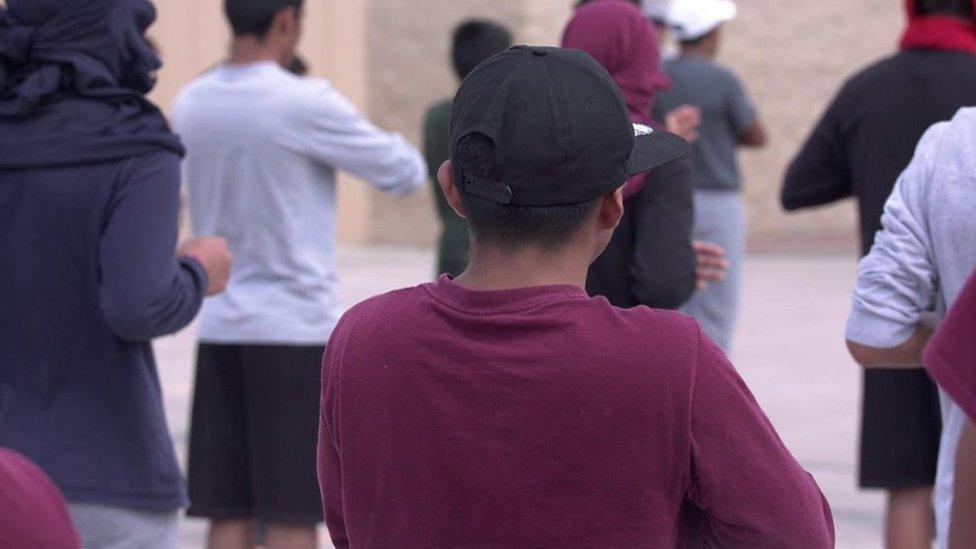
- Published13 June 2018
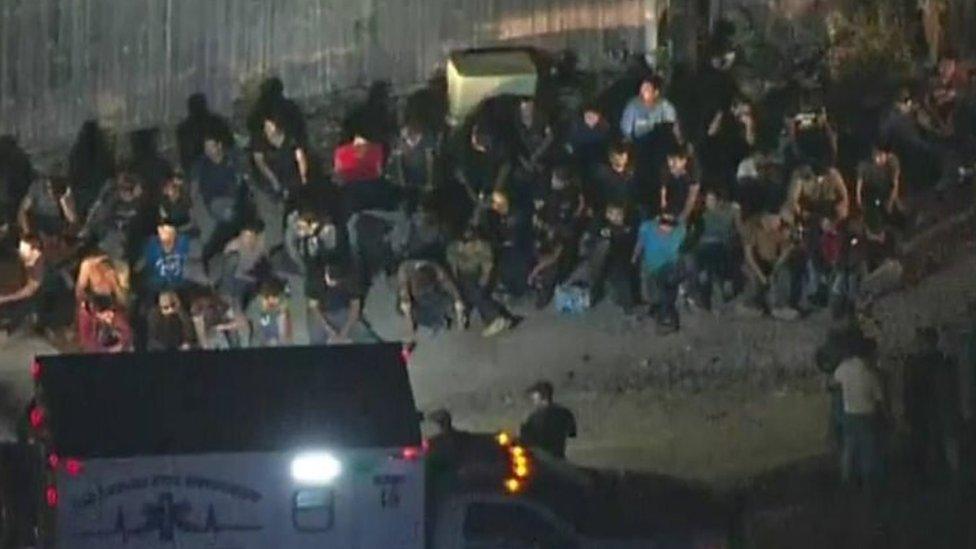
- Published20 June 2018
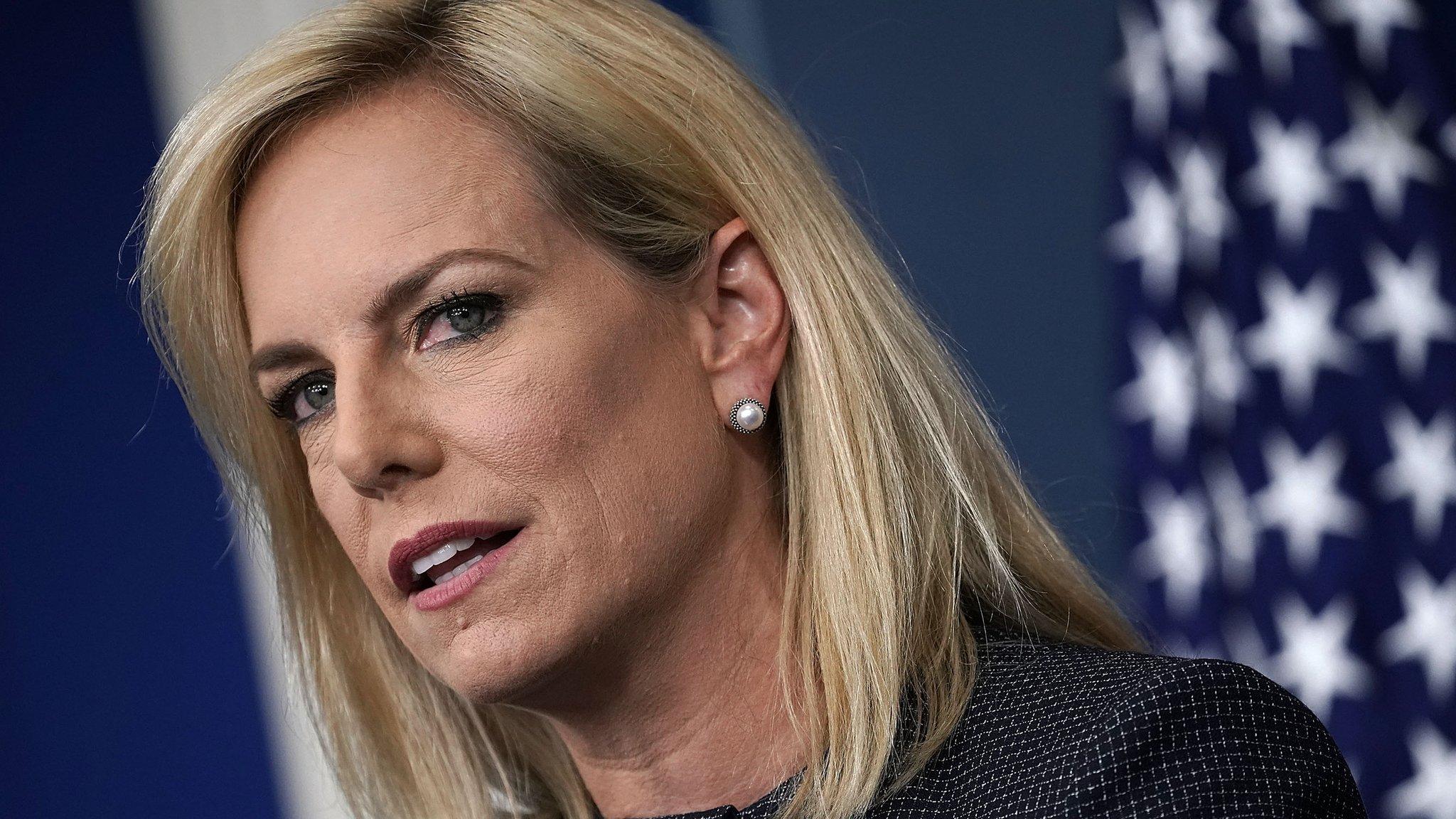
- Published15 June 2018
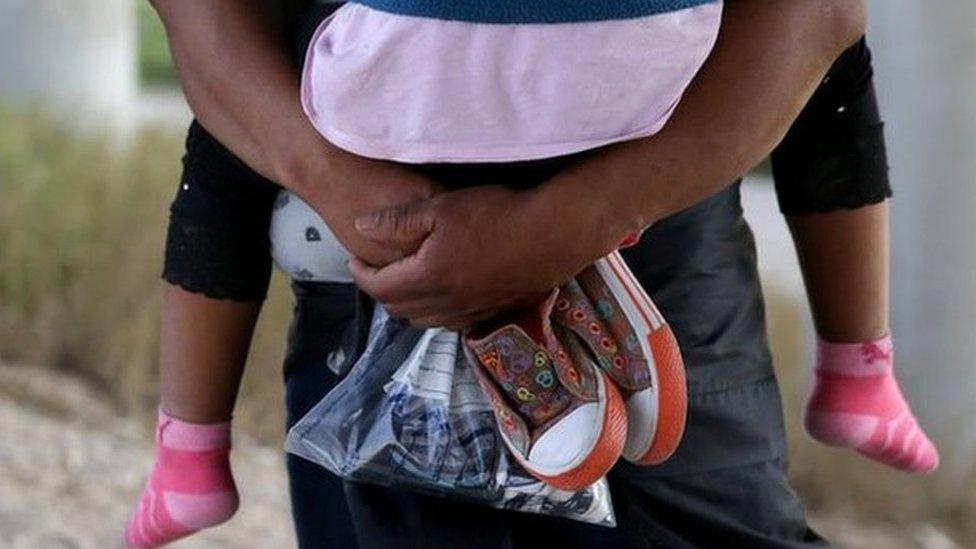
- Published18 June 2018
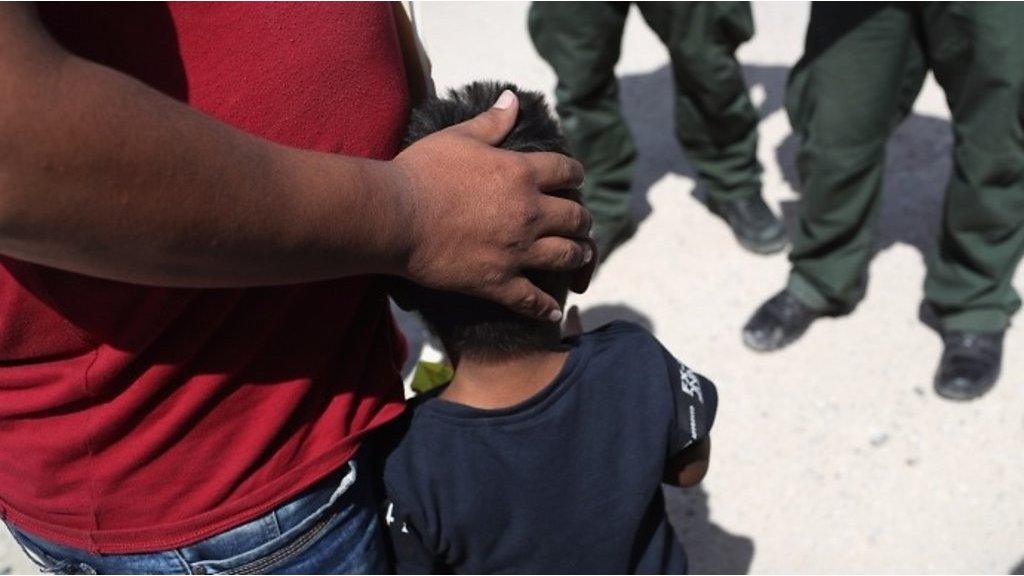
- Published9 February 2017
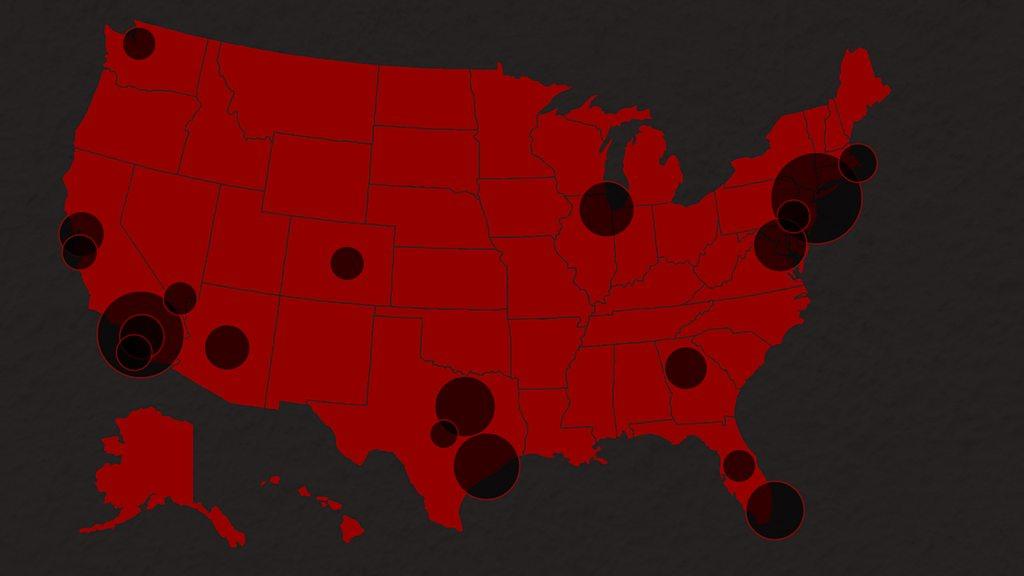
- Published15 January 2018
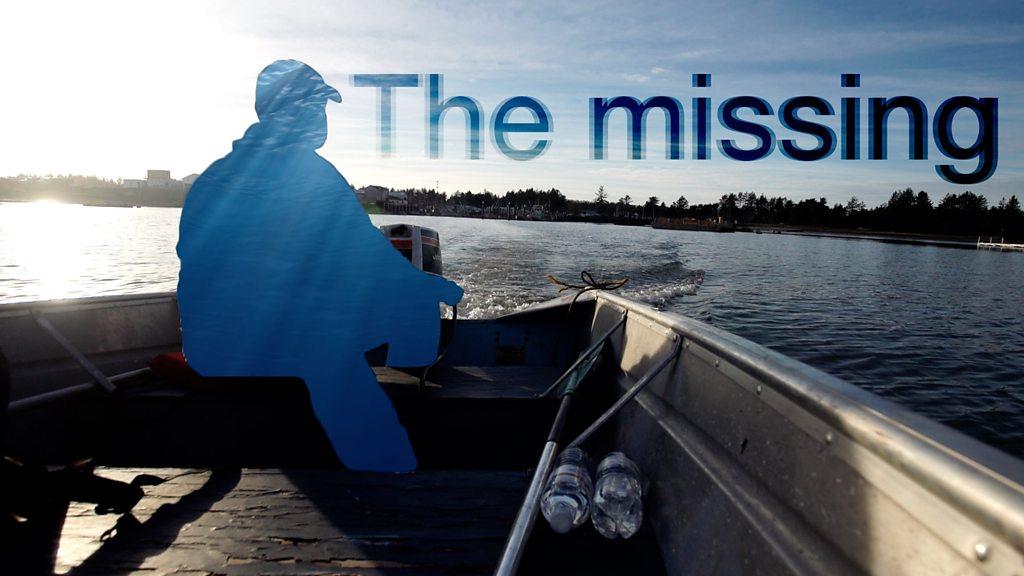
- Published18 June 2018
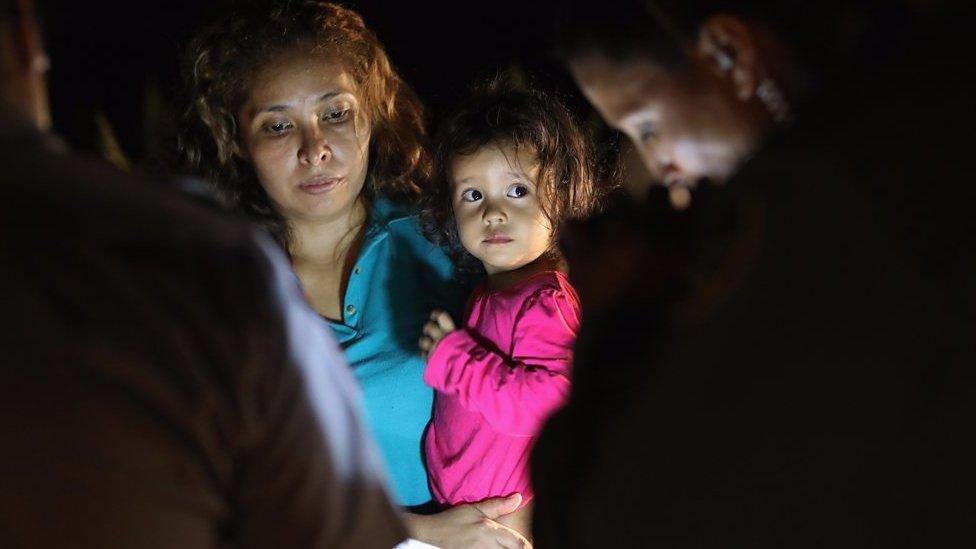
- Published18 June 2018
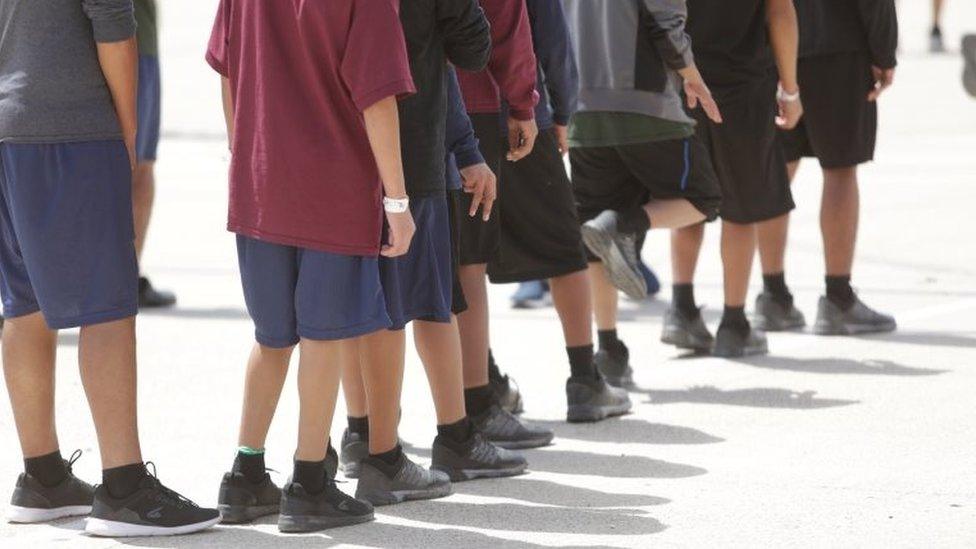
- Published26 June 2019
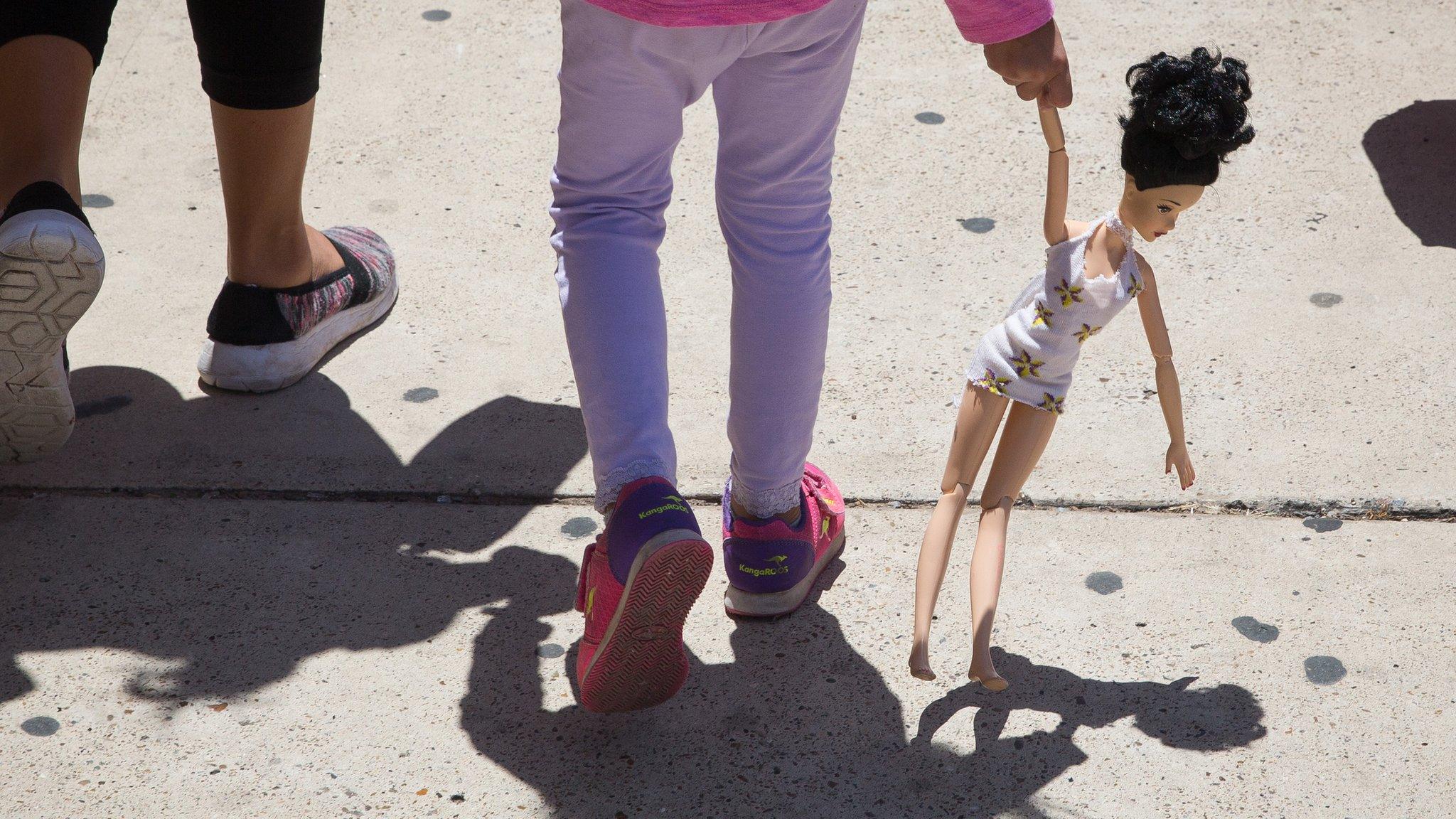
- Published19 June 2018
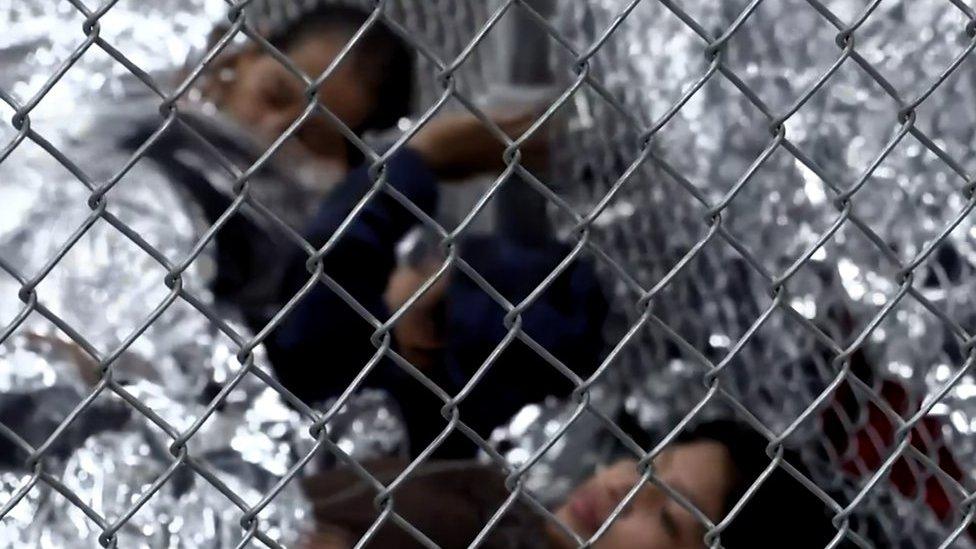
- Published19 June 2018
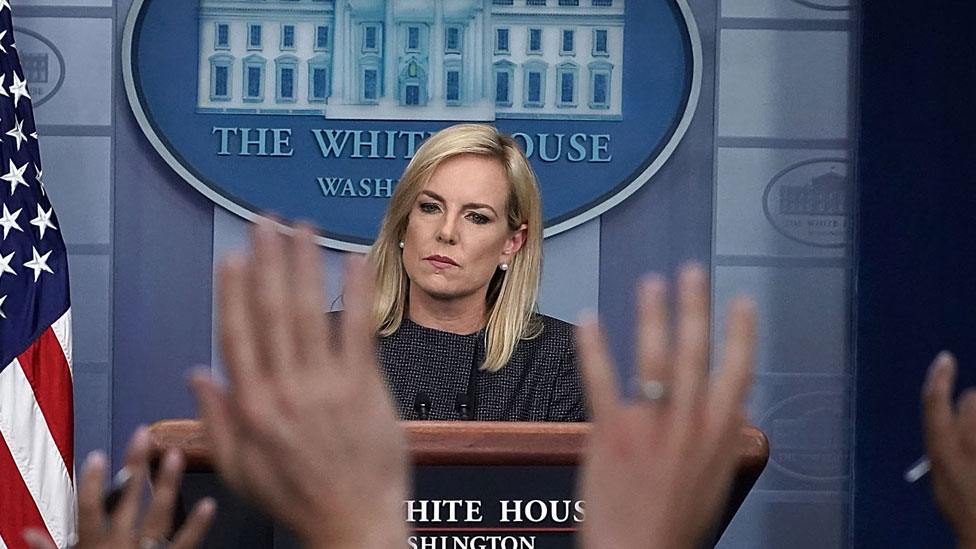
- Published18 June 2018
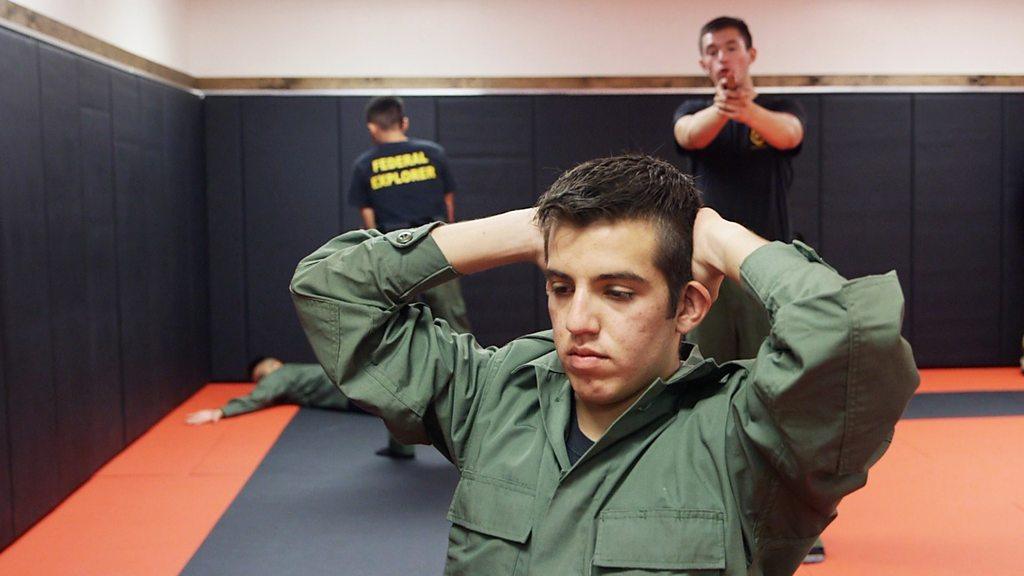
- Published19 June 2018
